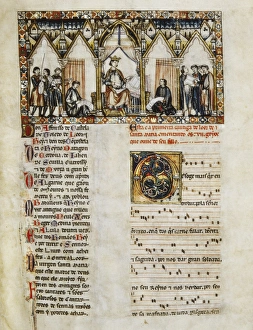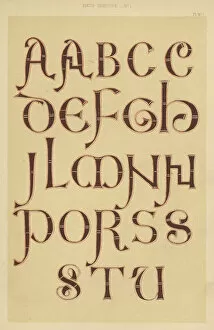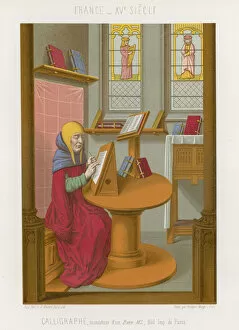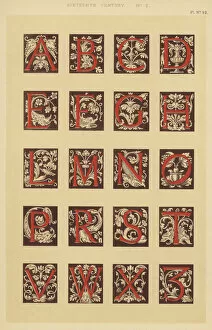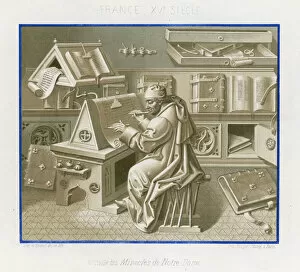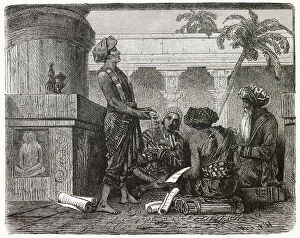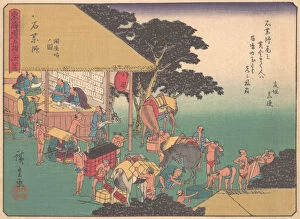Scribes Collection
Scribes have played a crucial role throughout history, from ancient civilizations to medieval times and beyond
All Professionally Made to Order for Quick Shipping
Scribes have played a crucial role throughout history, from ancient civilizations to medieval times and beyond. They were the skilled individuals responsible for recording and preserving knowledge, ensuring that important information was passed down through generations. In the Hortus deliciarum, an illuminated manuscript from the 12th century depicting The Seven Liberal Arts, they can shown diligently transcribing texts with quill pens and ink. Their meticulous work showcases their dedication to preserving knowledge in fields such as grammar, rhetoric, logic, arithmetic, geometry, music, and astronomy. The Cantigas de Santa Maria (Virgin Mary Songs) also highlights the significance in medieval society. These songs were written by Alfonso X of Castile during his reign in 13th-century Spain. Scribes painstakingly copied these religious compositions onto parchment scrolls or codices to ensure their dissemination among worshippers. Moving further east to Constantinople (Istanbul), we find evidence working in public offices during the Byzantine Empire. These officials meticulously recorded administrative matters on papyrus or parchment documents using reed pens dipped in ink. Their work was essential for maintaining order and facilitating communication within the empire's vast bureaucracy. Even earlier than that is Hammurabi's era - King of Babylonia from 1792-1730 BC - where Nespekasuti served as a prominent scribe at Karnak around 490 BC. His role involved transcribing royal decrees and documenting significant events for future reference. Nespekasuti's expertise contributed greatly to preserving historical records during this period. Artistic representations also shed light on the importance throughout history. In "Christ with the Adulteress Woman, " an oil painting created between 1550-80, a group can be seen attentively observing Jesus' response to a woman accused of adultery. This portrayal emphasizes their presence as witnesses who documented significant moments within biblical narratives. They were not limited to religious or administrative contexts.


